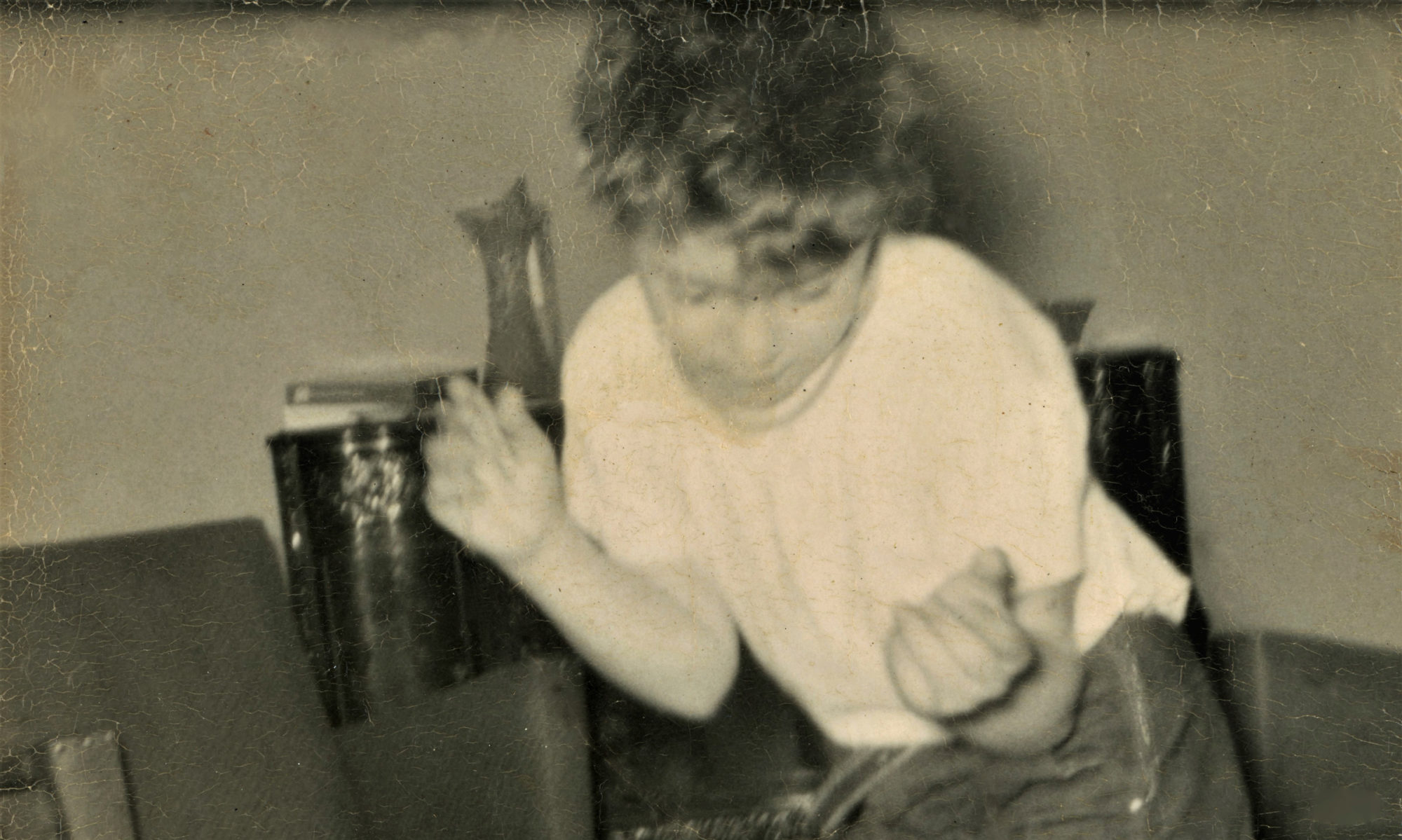MY FATHER WAS meticulous about his appearance and always left for work wearing a pressed suit and a starched white shirt, his tie knotted perfectly. He carried a leather briefcase filled with technical books, mechanical pencils, a slide rule, and differently shaped drawing angles. He told me he was a scientist and often brought home glossy photographs of rockets and jet fighters. “See those babies?” he’d say. “Your daddy designed that whole wing system.”
In his twenties, my father had worked with his older brother Joseph (“Big Joe”) as a machinist in a tool-and-die shop. After a few years of working a drill press, he decided to go into business for himself. With meager savings and money borrowed from his brothers, he bought a warehouse shipment of bumper jacks that he planned to sell to local gas stations and body shops. He convinced everyone that the jacks were a sure thing and that he and his brothers would make a killing once the business got rolling. It all sounded great, except for one unanticipated glitch: the jacks—as it turned out—were defective, and my father lost everything and wound up selling pots and pans door to door. While working odd jobs, he managed to take some night courses in engineering at Cooper Union. One of my mother’s cousins taught him mechanical drawing and helped him get work as a draftsman, mainly for aircraft companies. Most of his jobs were out of town: he’d sign on for six-to-eight-week assignments in places like Binghamton and Poughkeepsie.
When he left for work on Sunday evenings, I was mostly happy to see him leave, taking with him all the tension that filled the house when he was home. But when he returned on Friday evenings, all would be forgotten and I’d be happy to see him, mostly because he’d greet me with open arms and a big smile, as if we hadn’t seen each other in months. Even if I wasn’t happy to see him, I would pretend I was, because I knew that was what he expected of me.
Sometimes his homecomings weren’t so jubilant. On a number of weekends, he walked through the door exhausted and pissed, ranting to my mother about what a jackass his boss was or how he knew what he was talking about but other people weren’t listening to him. “I know, Daddy, I know,” my mother would say, trying to calm him.
When he was in one of these moods, he’d wash his hands and head straight for the liquor cabinet. He’d put away three or four scotch highballs and start knocking things around. (“Look at this house. It’s a mess!”)
One Friday night, my father came home in an unusually good mood. “Where’s my little Janoots?” he said. “I got something special for him.”
His eyes were glassy, and his breath reeked of alcohol. I cautiously followed him into his bedroom, where he handed me a cardboard tube, the kind that held his blueprints.
“What is it?”
“Well, let’s take a look.” He slipped a roll of paper from the tube.
